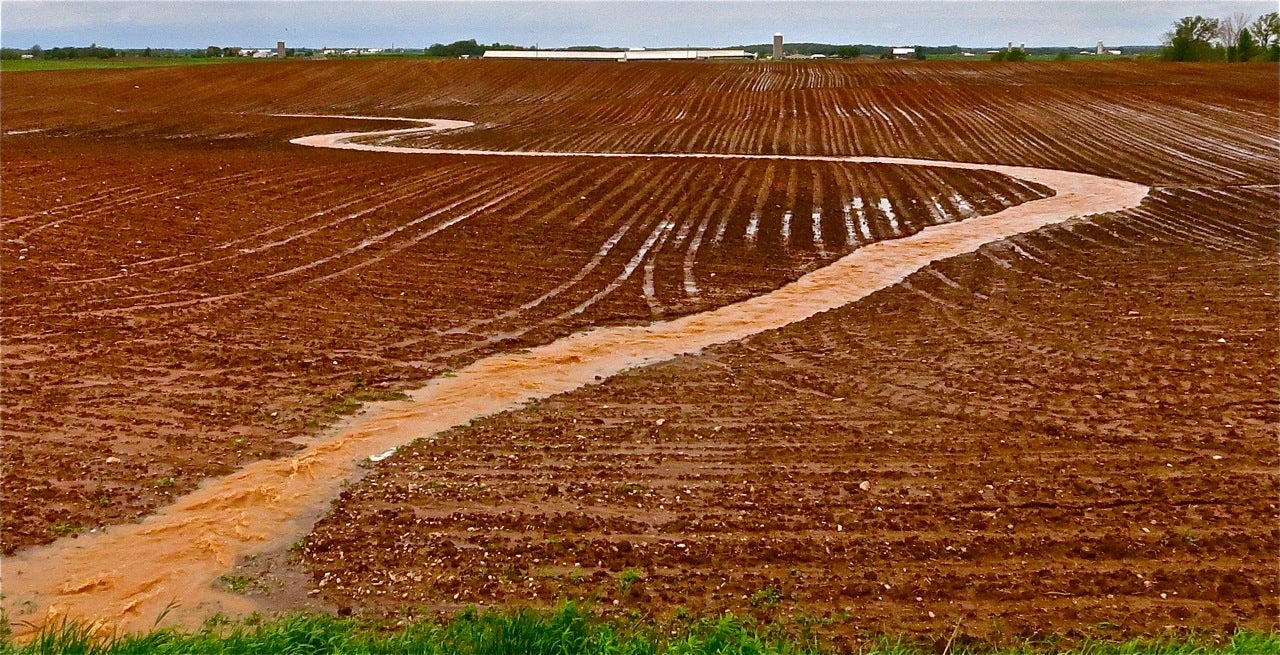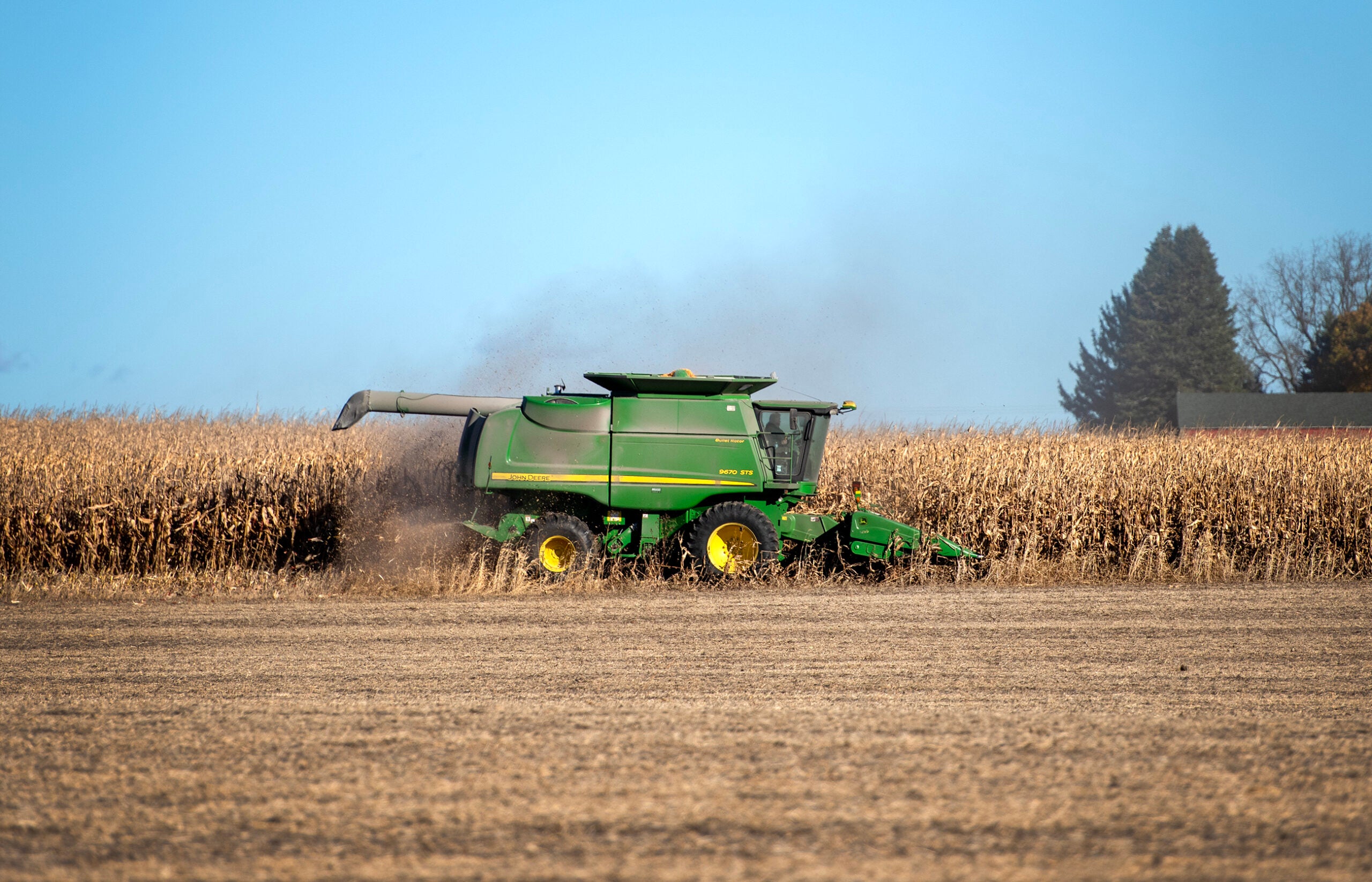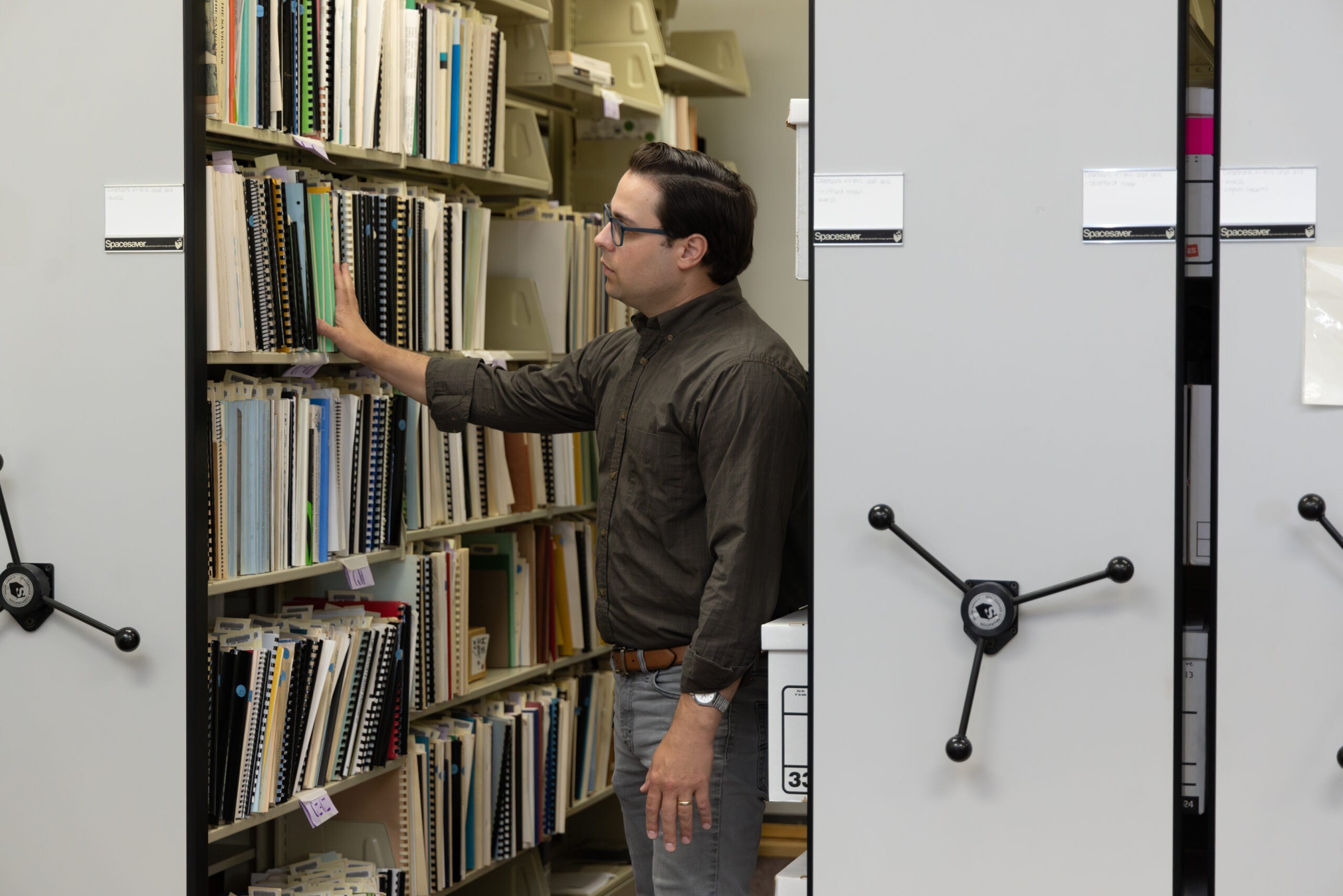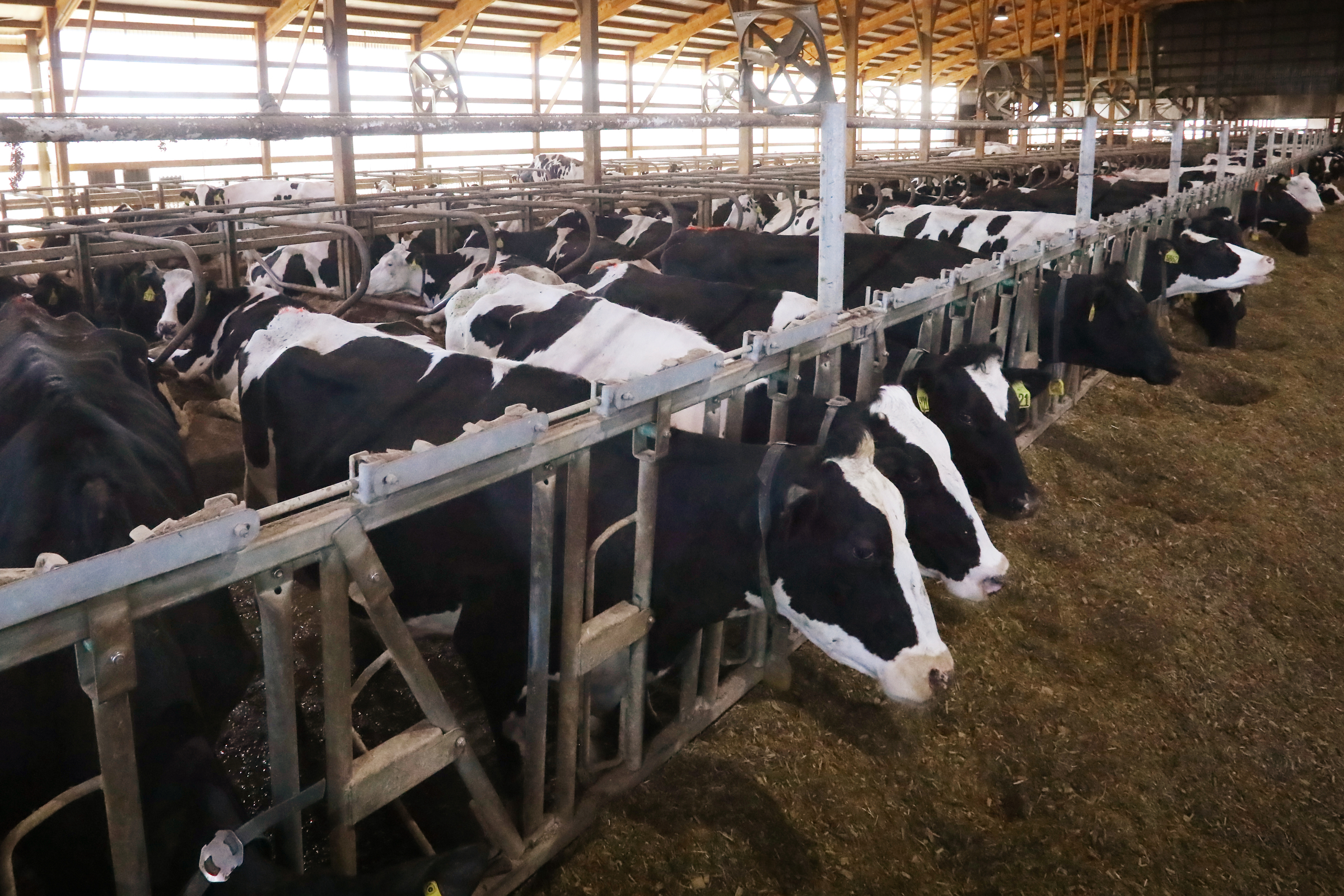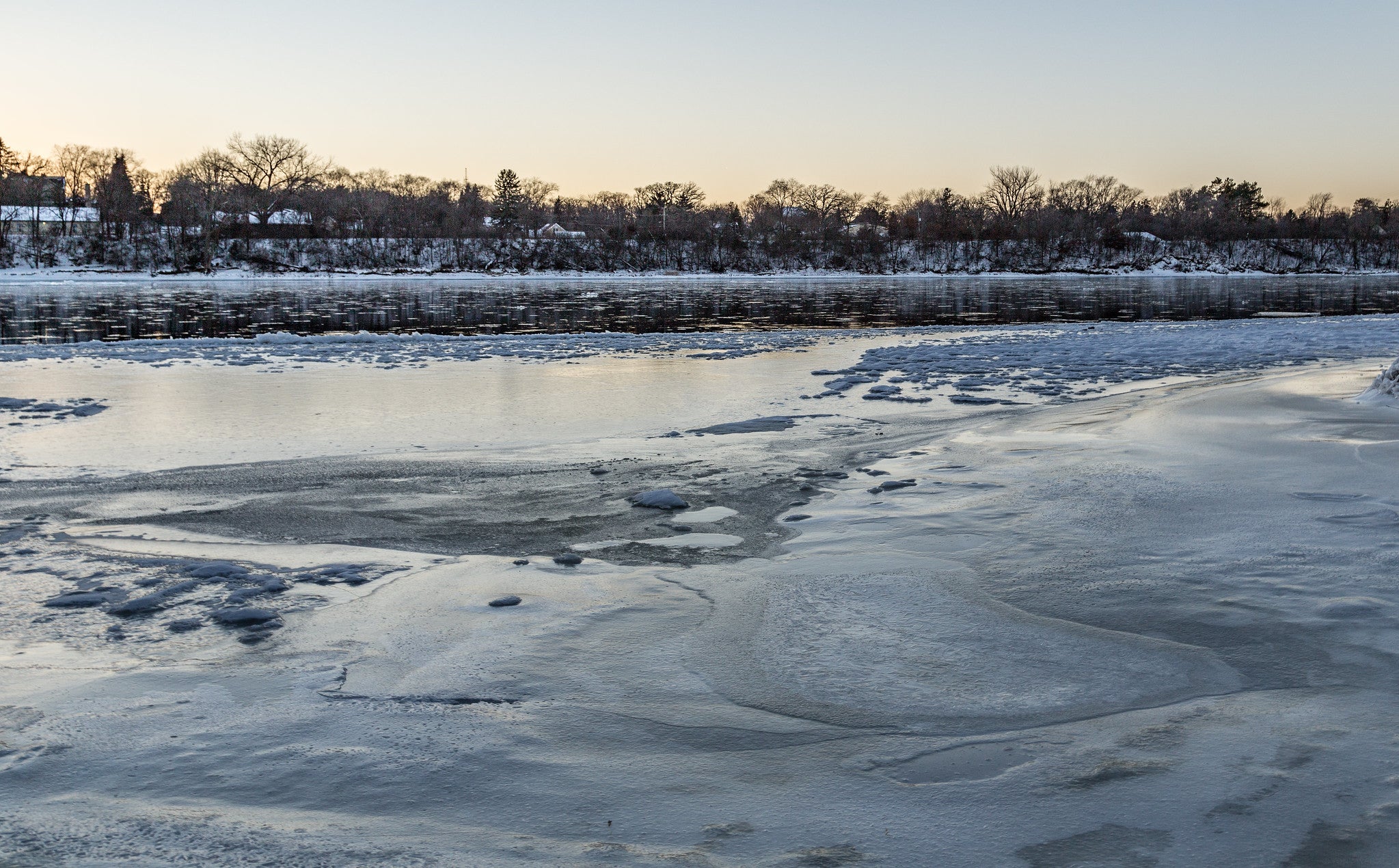A new study shows agricultural conservation is making an impact on water quality in the upper Mississippi river basin.
The U.S. Department of Agriculture and the U.S. Geological Survey came together to measure how farm conservation practices have affected nutrient levels in the upper Mississippi river. Using data from the early 2000s, researchers found that farmers were able to reduce nitrogen levels up to 34 percent and phosphorus levels up to 10 percent through practices like reduced till or nutrient management.
According USGS hydrologist Dr. Ana María García, this is the first time research has looked at ag conservation on the watershed level. Typically, the effects of conservation practices are looked at on the individual level.
Stay informed on the latest news
Sign up for WPR’s email newsletter.
“We want to be able to accurately account for the impact of those practices so we can credit the progressive farmers and all of the activities that they’re involved in,” said García, who was an author of the study.
García said it’s important to quantify the effects of these practices in Wisconsin and neighboring states because they have a significant impact on the whole river.
“The eutrophication issue in the Gulf of Mexico is directly linked to the amount of fertilizer type nutrients that make it all the way (downstream),” García said.
Farmer-led initiatives to improve and preserve water quality have continued to grow, as federal and state programs offer grant money for producers to learn more about conservation practices. García said it makes data to support these practices even more important.
“The conservation programs in this country are incentivized so as taxpayers we do pay for these programs and so it has been very important to quantify exactly what is working,” García said.
Amber Radatz, co-director of University of Wisconsin Discovery Farms, said having the numbers to back up conservation practices will also give farmers more confidence in their efforts.
“It was great to have some validation to show that conservation practices really do work for water quality. We’ve sort of known that intuitively for a long time,” Radatz said.
Radatz said she’s excited for the next set of data because of recent strides in nutrient management and the rising popularity of cover crops.
Wisconsin Public Radio, © Copyright 2024, Board of Regents of the University of Wisconsin System and Wisconsin Educational Communications Board.
